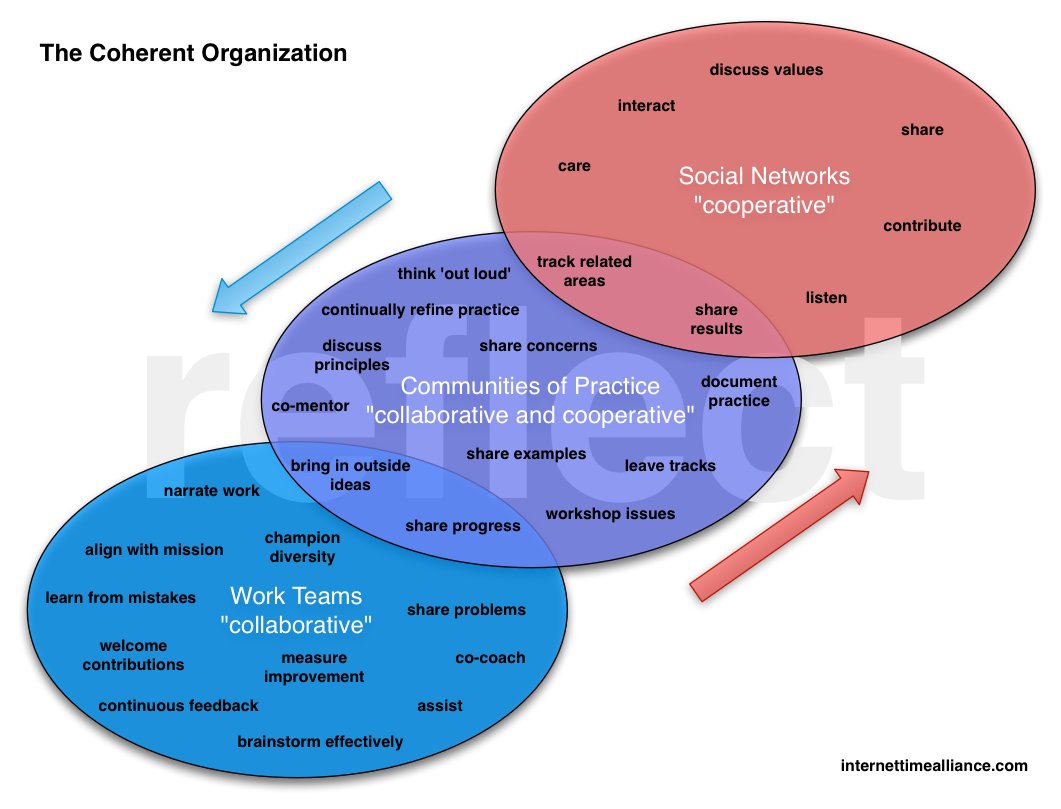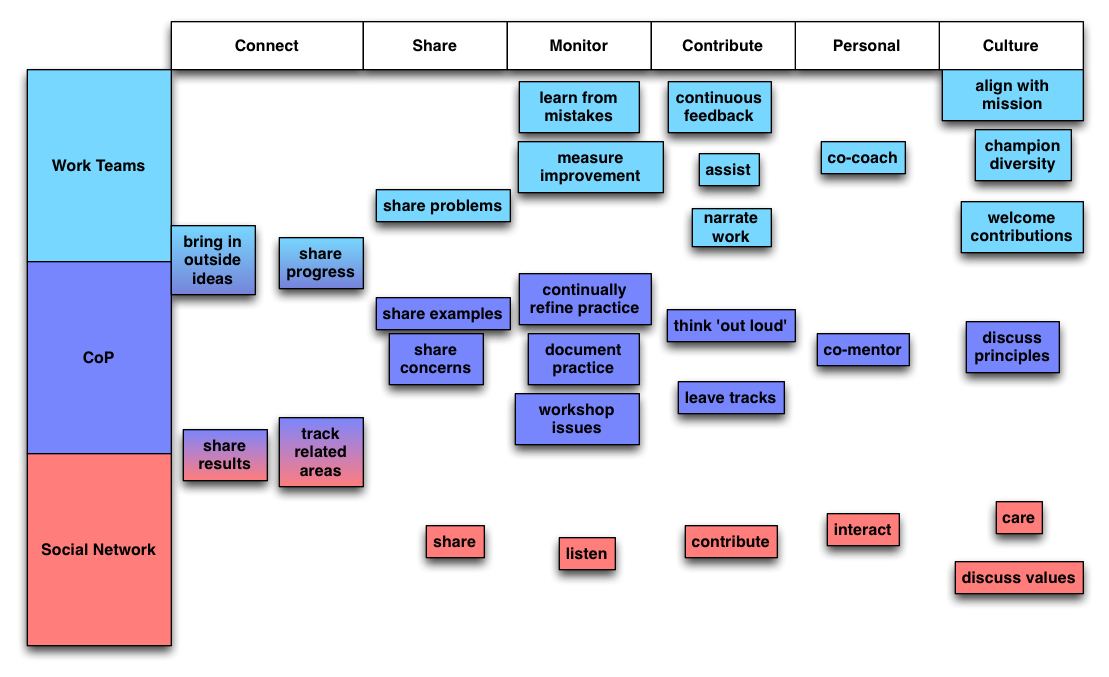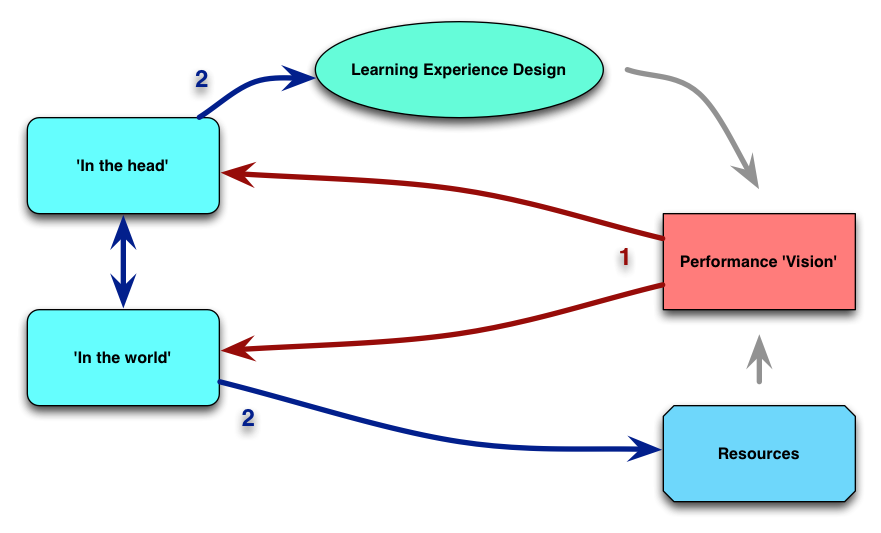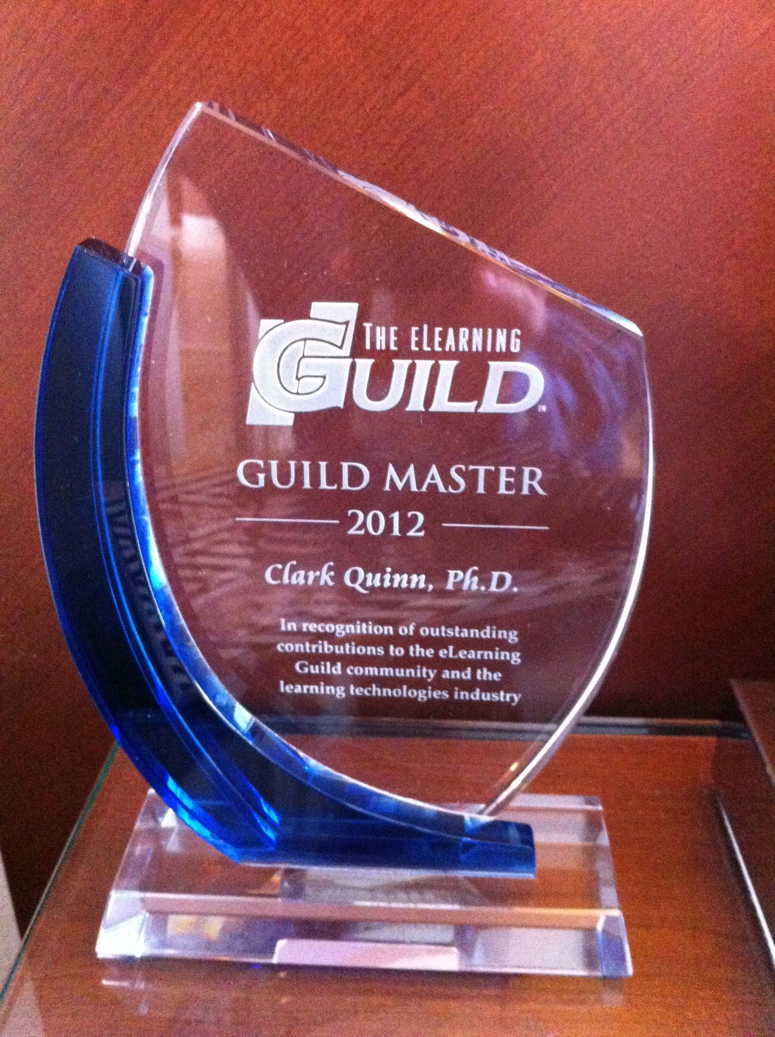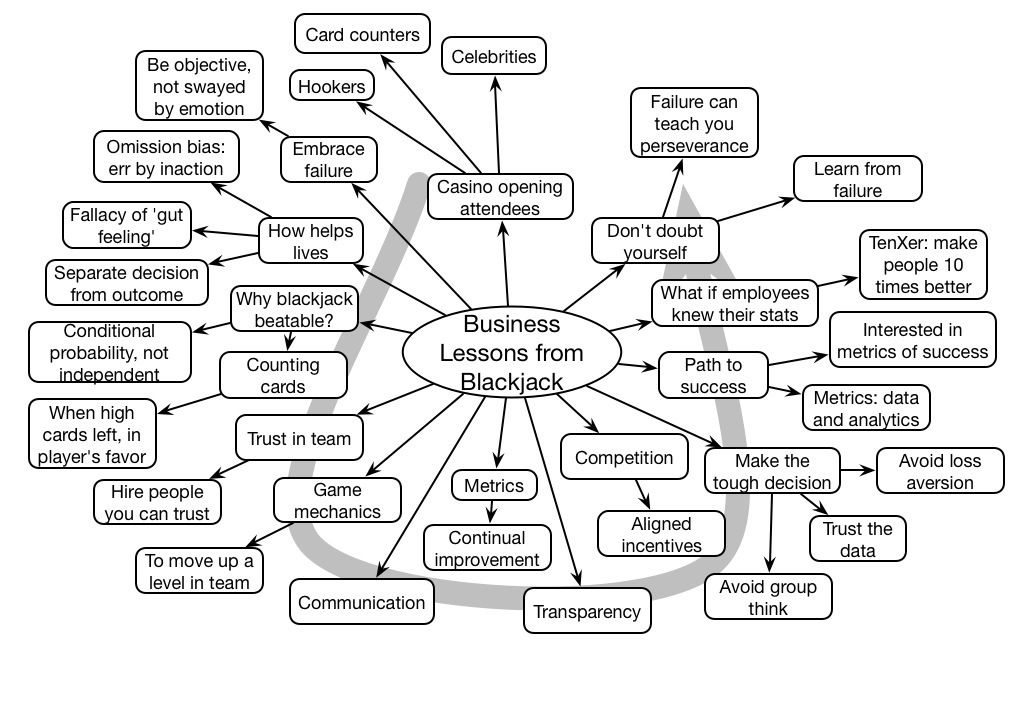This past weekend, we were doing some home work, and I had occasion to go to the hardware store. Several. Several times. What’s interesting to me was two different interactions and the possible implications.
So, first I needed some paint. The guy I worked with was quite helpful, asking questions. (Somehow, he always seemed to be up selling, but that’s beside the point.) Actually, we ended up short on the quantity of paint, but we got paint we liked. What I didn’t get a sense of, however, was the underlying reasoning behind his questions.
In a non-comparable situation, we were having trouble installing some flooring. The click and lock wasn’t going quite fine. So, on the pursuit of a tool and some baseboards, I made an extra point of asking for help from the expert. He asked some diagnostic questions, and proceeded to explain what he thought our problem had to be. In this instance, I felt like I understood the process better.
So they’re not the same: in one case I’m buying product, and in another I’m troubleshooting. But what occurred to me is the opportunity here for thinking out loud to be a customer-benefit. You’ve seen or can imagine the situation where the newer hardware store employee, stymied by the question, tracks down the ‘oldie’ who knows everything and gets the answer. It’s often very helpful to the customer to hear the oldie talk in a way that educates the youngster as well as the customer.
We’ve been advocating the Coherent Organization, and as Jay Cross rightly points out, this extends beyond the organization to the extended enterprise. What struck me was what the opportunity might be if every consumer-facing employee in an organization was coached in effective ‘thinking out loud’. There’d be internal benefits, of course, in having the wisdom of the ‘oldies’ available to the newer members of the team. But the real upside, it seems to me, is in the benefit to the customer. For one, the trust that comes from a willingness to share. It’d be hard to do if the major compensation is commission, as you wouldn’t want to be sharing those thoughts (cue the ClueTrain), but certainly you could be talking about tradeoffs between solutions and clue in the customer on what’s important in the evaluation.
I know I’d be more likely to return to a store that helps me learn about the products. Solution selling could be more than just a methodology, in this case it could be a significant upskilling of the customer base (and employee base). It’s moving the social network back to conversation, away from the media channels, but it’s a significant augment. What do you think would be the benefit of coaching on ‘thinking out loud’ to not only internal employees but customer-facing ones?6
